Of arms and a woman: late medieval wind music; Blondel; FHR
Reviewed by Robert Hugill on 27 January 2019 Star rating: (★★★½)
An engaging selection of medieval wind music inspired by Christine de Pisan's writings
This delightful disc is inspired by the writings of Christine de Pisan (1364-1430) who, remarkably, produced a wide body of romantic poetry as well as Livre des fais d'armes et de chevalerie (The Books of Feats of Arms and of Chivalry) which just about defined chivalry and modern warfare for the Middle Ages, including the idea of the just war (fought by Kings in the name of God). There is only one surviving contemporary setting of Pisan's poetry, so here we have a wide selection of chansons which reflect the themes of her work in versions for Medieval wind ensemble performed by Blondel (Louise Anna Duggan, Emily Baines, Daniel Serafini, Lizzie Gutteridge and Belinda Paul) on First Hand Records. Whilst many of the works on the disc are anonymous, we also have music by Dufay, John Bedyngham, Gilles Binchois, Johannes Ciconia, Baude Cordier, Guillaume de Machaut, Solage, Robert Morton, Francesco Landini, and Josquin des Pres.
Reviewed by Robert Hugill on 27 January 2019 Star rating: (★★★½)
An engaging selection of medieval wind music inspired by Christine de Pisan's writings
This delightful disc is inspired by the writings of Christine de Pisan (1364-1430) who, remarkably, produced a wide body of romantic poetry as well as Livre des fais d'armes et de chevalerie (The Books of Feats of Arms and of Chivalry) which just about defined chivalry and modern warfare for the Middle Ages, including the idea of the just war (fought by Kings in the name of God). There is only one surviving contemporary setting of Pisan's poetry, so here we have a wide selection of chansons which reflect the themes of her work in versions for Medieval wind ensemble performed by Blondel (Louise Anna Duggan, Emily Baines, Daniel Serafini, Lizzie Gutteridge and Belinda Paul) on First Hand Records. Whilst many of the works on the disc are anonymous, we also have music by Dufay, John Bedyngham, Gilles Binchois, Johannes Ciconia, Baude Cordier, Guillaume de Machaut, Solage, Robert Morton, Francesco Landini, and Josquin des Pres.
The result is 24 short tracks which engage with the melodic freedom of the music and delightful imagination of the scoring.







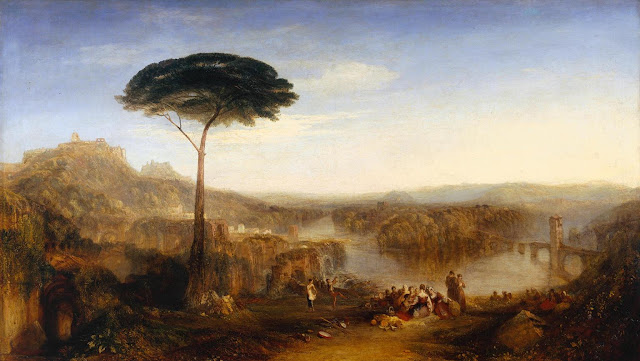

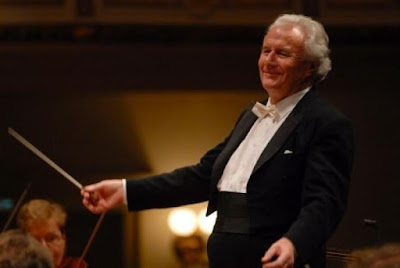
















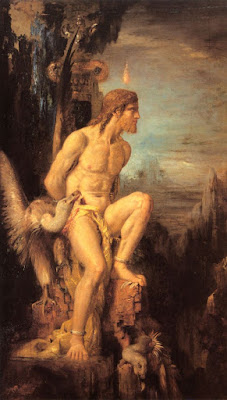
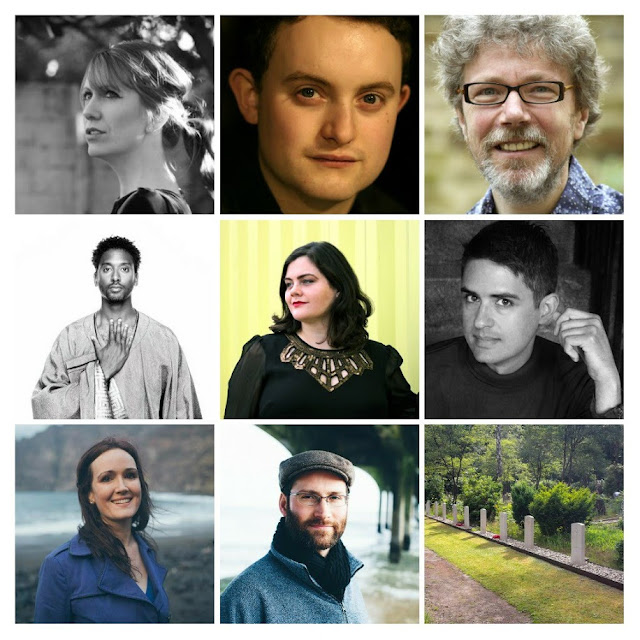

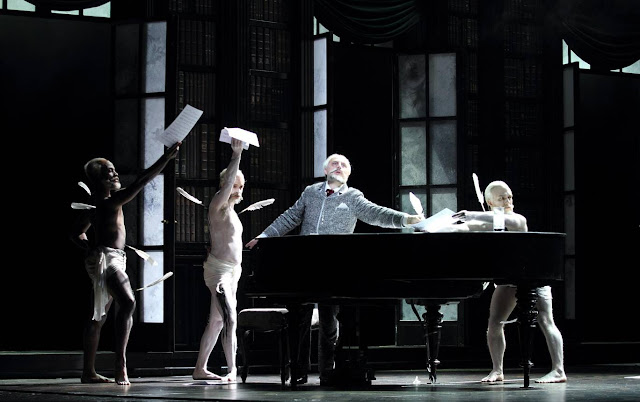
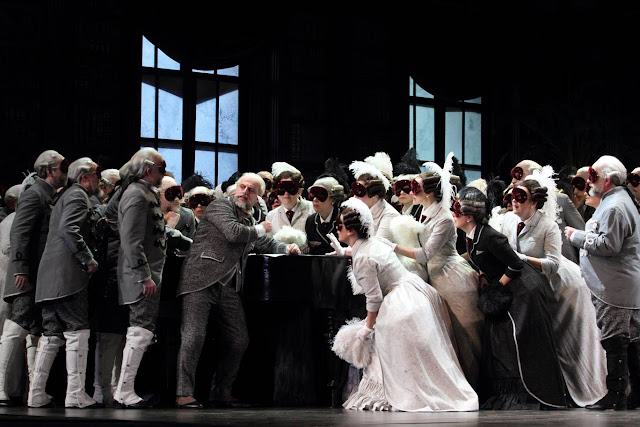
.jpg)








